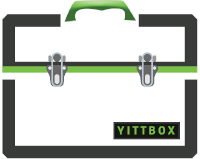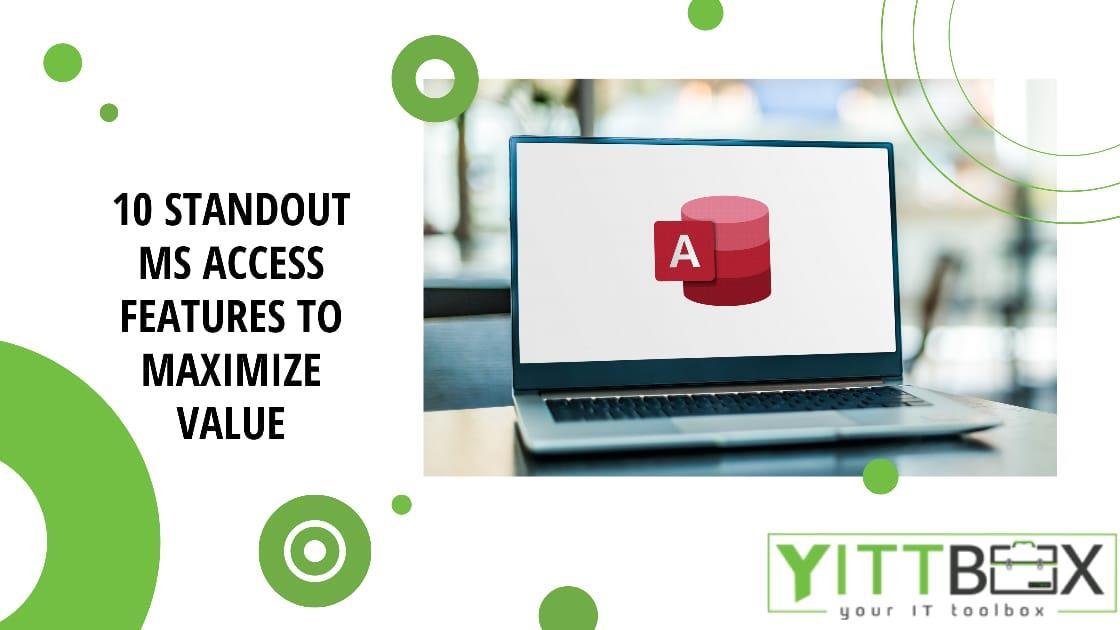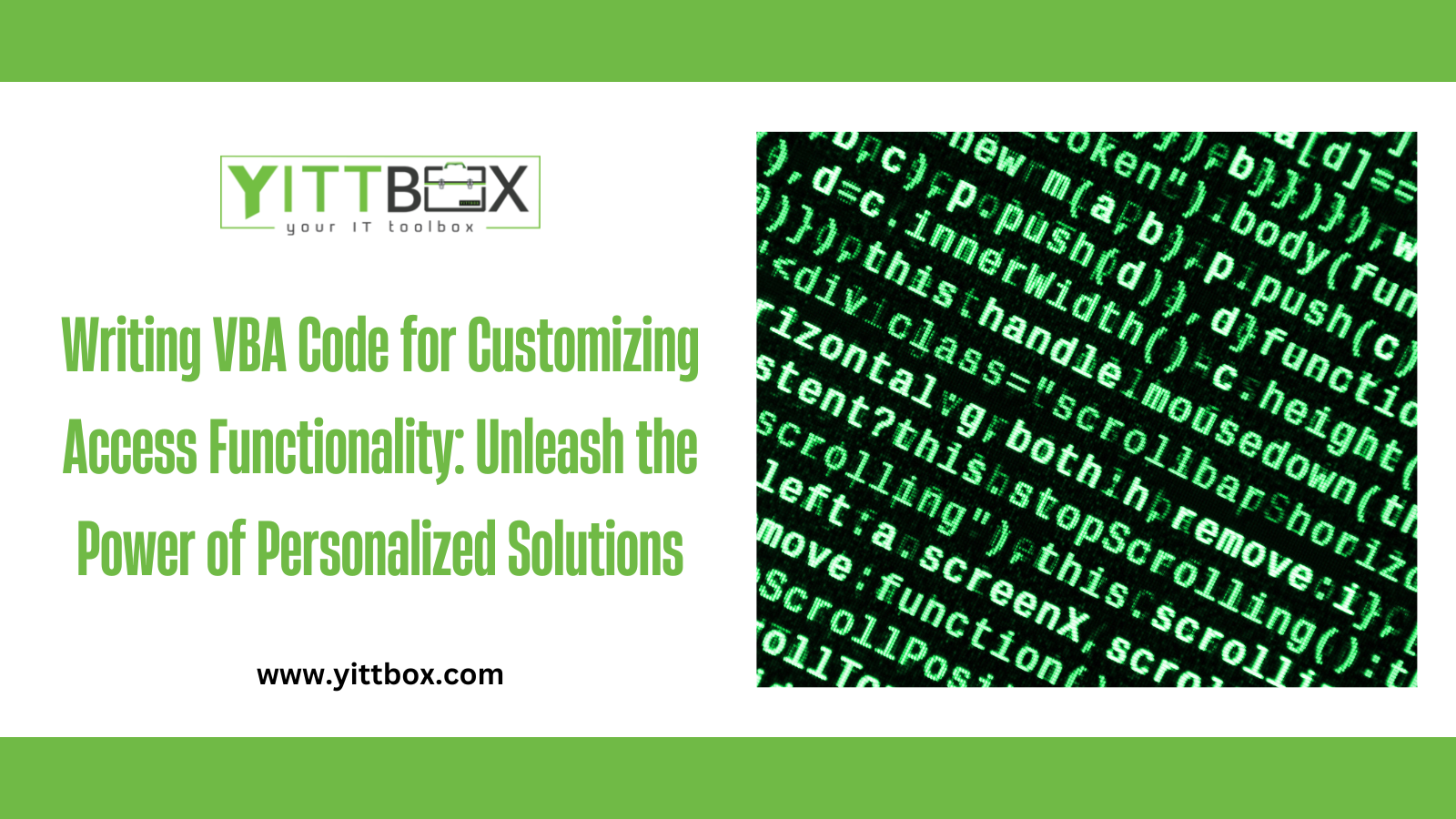Introduction
Accurate and accessible patient records are fundamental to quality healthcare. From initial consultations to follow-up treatments, providers rely on comprehensive data to make informed decisions. While enterprise-level electronic health record (EHR) platforms are widely adopted, they are often costly and overly complex for small to mid-sized practices. Microsoft Access presents a streamlined, customizable, and cost-effective alternative, enabling healthcare organizations to manage patient records with precision and efficiency.
The Importance of Effective Patient Records
Efficient record management goes beyond administrative convenience, it directly impacts patient outcomes. Disorganized or incomplete records can lead to treatment delays, compliance challenges, and even clinical errors. A centralized, well-structured database ensures that vital information such as medical history, test results, and prescribed medications is readily available. Microsoft Access empowers providers to eliminate manual record-keeping and transition into a secure, digital-first environment where accuracy and accessibility are prioritized.
Microsoft Access as a Healthcare Solution
Though not a full-scale EHR system, Microsoft Access offers robust database capabilities tailored to the operational needs of healthcare facilities. With customizable tables, intuitive data entry forms, and powerful queries, Access supports rapid information retrieval. For example, a clinician can instantly access a patient’s treatment history, significantly reducing time spent on manual searches and enhancing overall care delivery.
Core Features for Patient Record Management
Microsoft Access provides an adaptable platform for healthcare-specific requirements, including:
-
Patient Demographics Databases – Securely storing personal, insurance, and contact details.
-
Clinical History Logs – Tracking diagnoses, treatments, allergies, and ongoing care plans.
-
Scheduling and Billing Modules – Integrating administrative tasks with patient care.
-
Custom Reports and Analytics – Offering insights into patient trends, resource utilization, and financial performance.
These features can be scaled and refined as the practice expands, ensuring long-term viability.
Seamless Integration with Microsoft Ecosystem
A key advantage of Access is its compatibility with other Microsoft applications. Data can be exported into Excel for advanced analytics, while integration with Outlook streamlines appointment scheduling and reminders. This interoperability minimizes data silos, fostering a more connected and coordinated approach to patient care.
Ensuring Security and Compliance
Patient confidentiality and regulatory compliance are critical in healthcare. Microsoft Access includes password protection, encryption, and role-based access controls to safeguard sensitive information. When configured properly, Access supports compliance with standards such as HIPAA by maintaining audit trails, securing backups, and enforcing strict user permissions.
Why Choose Access Over Complex EHR Systems
Large-scale EHR platforms are often designed for hospitals and enterprise networks, making them costly and resource-intensive for smaller practices. Microsoft Access provides a balanced solution, affordable, flexible, and fully customizable. Unlike rigid vendor-driven systems, Access allows healthcare providers to design workflows that align with their unique operational needs, without incurring unnecessary expenses.
Conclusion
Effective patient record management does not require an enterprise-level system. Microsoft Access equips healthcare providers with a practical, secure, and customizable solution that enhances data accessibility while maintaining regulatory compliance. For clinics and mid-sized practices, Access represents a powerful tool to streamline operations, improve patient care, and scale with confidence, delivering a smarter approach to healthcare data management.

.png)





